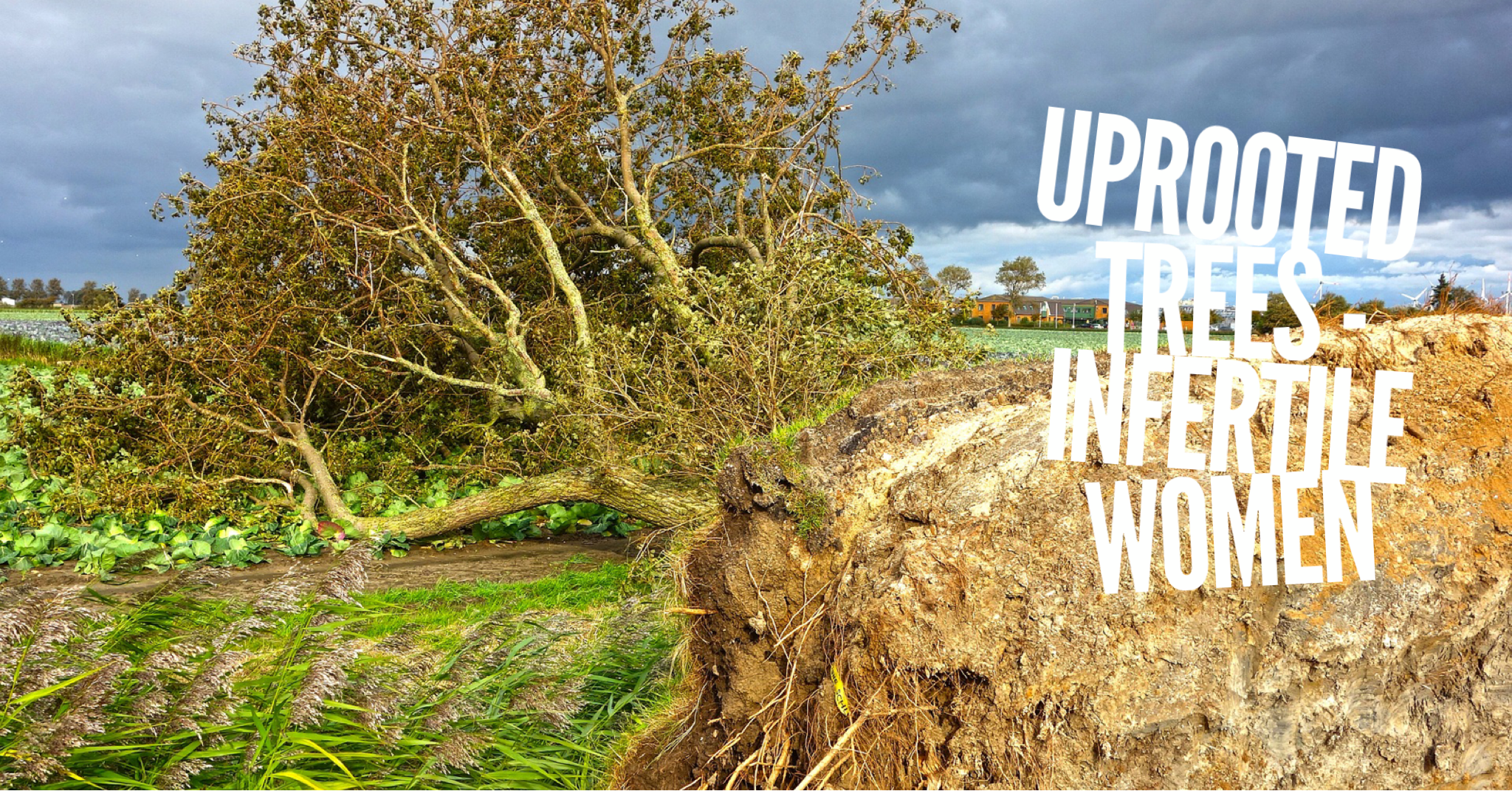The Bible is sewn together into one redemptive story with a number of unifying threads[1] (a canonical approach). All of these unifying threads (themes) are contained in Genesis 1-11. Thus, Genesis 1-11 constitutes the foundation for understanding all of Genesis, all of the Torah (the Pentateuch), and all of the Tanakh (the Hebrew Bible/Old Testament). By careful observation of the biblical text, we can track these unifying themes all through the Scripture.
[1] Some of those unifying threads which are repeated again and again are trees and variations of the same, water barriers, seed, hostility, serpent, mountains and variations of the same, curse, bless, priest, rule, dominion, king and queen, precious stones, light, numbers (1,2,3…), marriage, seeing, good, temple, eating and variations of the same, etc. The problem in tracking these themes sometimes is that our English Bibles hide these words with more modern terms.
Read More



















